Sea buckthorn oil for gastritis: healing properties and application features
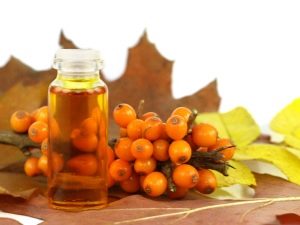
Most of the berries and fruits that nature gives us are not only tasty, but also healthy. Many of them have even been used as medicines for centuries, and today this trend is returning to medicine. At the same time, one of the most accessible and unique plants is sea buckthorn. Many people use sea buckthorn oil for gastritis.
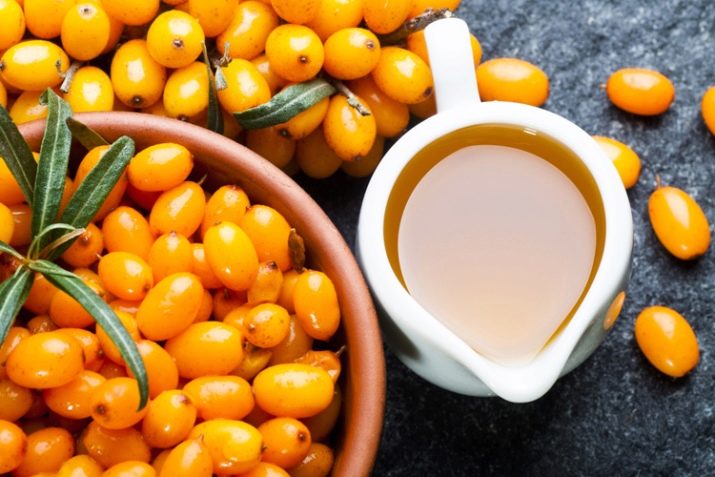
Chemical composition
Sea buckthorn berries have a number of unusual properties, because even the oil squeezed out of them can completely replace many synthetic drugs for the treatment of gastritis and other diseases of the gastrointestinal tract.
Sea buckthorn contains many useful trace elements and vitamins that help strengthen immunity, prevent the development of certain diseases and have a general tonic effect.
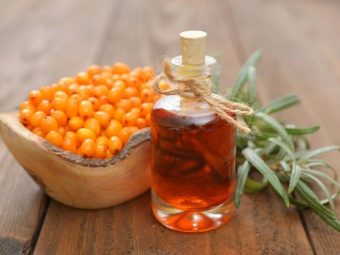

The main reason for such unusual properties of this berry is its unique composition. The benefits of natural remedies based on sea buckthorn fruits have been known for a very long time, but only in our time can their biochemical composition be studied in more detail. A ripe berry and the oil made from it contains the following components:
- Stearins are distinguished by their "enveloping" property. They create a kind of film on the surface of the mucous organs: for example, the stomach or intestines.Due to this, the organs suffer less from inflammatory processes, and it is also easier to absorb some food components, including fats.
- Vitamin E in sea buckthorn berries it is presented in the form of tocopherol. This component promotes the healing of wounds of the mucous tissue, which is very important for gastritis.
- Vitamin B - due to its presence, sea buckthorn improves the motility of the gastrointestinal tract, and also enhances the production of hydrochloric acid, which is very useful for atrophic types of gastritis.
- vitamin K, the main effect of which is considered to be the improvement of the blood coagulation system. This is very important if there is a risk of bleeding from an ulcer or damaged gastric mucosa.
- Carotenoids - precursors of vitamins of group A. As part of sea buckthorn, they perform a unique "barrier" function, providing local non-specific immunity of the walls of the stomach and duodenum.
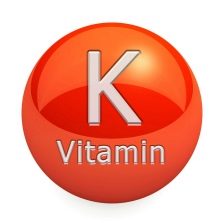


Sea buckthorn and its oil are useful not only for gastritis - many of their components bring other benefits to the body. Of those components that benefit, but not the gastrointestinal tract, but other systems, it is worth highlighting the following:
- A large number of trace elementswhich are indispensable for the body.
- Carotene. This element is often found in carrots, but sea buckthorn contains it in much higher concentrations. Carotene has an effective stimulating effect on the visual organs, on the nervous and vascular systems. This helps to improve vision and reduces the risk of developing certain diseases accompanied by atrophy.
- Serotonin, also known as the "happiness hormone".You can often hear that it improves mood and allows you to get rid of depressive conditions. However, serotonin also helps to stimulate and improve the cognitive functions of the brain, strengthening memory, emotional stability, mental activity, concentration.
- Vitamin C in the form of ascorbic acid not only strengthens the immune system, but also makes it easy to prevent or cure colds. This is due to the fact that ascorbic acid has a powerful antioxidant effect, removes toxins and waste products of pathogenic microorganisms from the body.


You can highlight the main beneficial properties of sea buckthorn oil, many of which are necessary for the effective treatment of gastritis:
- natural processes of regeneration, healing and tissue repair are activated;
- inflammatory processes are inhibited, swelling and irritation of the mucosa are reduced;
- there is a moderate antibacterial effect that eliminates the pathological microflora;
- the gastric mucosa is covered with an "astringent" substance, which plays the role of a thin protective film, which reduces irritation of the inflamed stomach lining, as well as prevents the risks of complications, including bleeding;
- the secretory function of the stomach is stabilized, forming the normal production of hydrochloric acid and preventing its excessive accumulation;
- pain syndrome is eliminated;
- normalization of digestion is accelerated (due to improved bile secretion);
- immunity is strengthened and the natural processes of restoring the body after gastritis are stimulated;
- exacerbations of chronic diseases of the gastrointestinal tract are prevented;
- pathological disorders associated with a decrease in the motor function of the stomach or duodenum are eliminated.

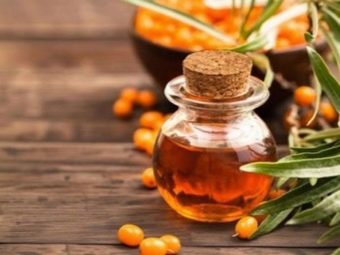
Cooking methods
Today, sea buckthorn oil is sold in almost any pharmacy. This is a fairly inexpensive and easy-to-use tool, but you can try to make it yourself, at home.
The fact is that if the product is prepared from proven and correctly harvested sea buckthorn berries, as well as in compliance with all proportions, then its effectiveness will be much higher. Using popular recipes, you can make the version of the oil that is best suited specifically for your needs.
To prepare the product, you should choose the most fresh and ripe berries. Dried fruits should not be used. It is recommended to collect sea buckthorn during its maximum ripeness - at the end of August.
It is necessary to sort out the berries in advance, throwing out overripe, dried, spoiled ones, and also remove leaves, dry branches and stalks.
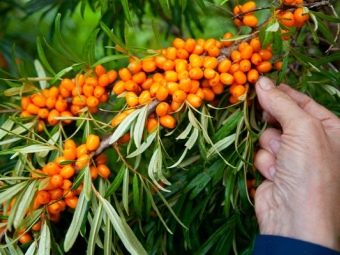

The classic way of making sea buckthorn oil is quite simple.
- Prepared and washed berries should be carefully squeezed. You can do this with a suitable juicer. The resulting sea buckthorn juice is poured into a container made of thick glass.
- The remains (pulp) are laid out in a thin layer on paper or cloth. They should be left to dry in a well-ventilated area, where it is dry enough and where direct sunlight does not penetrate.
- When the pulp dries well, it should be crushed into gruel. A meat grinder is perfect for this, but the easiest way to achieve the desired structure is with a blender. The finished base should resemble a medium-sized powder.
- Corn or olive oil is heated to a temperature of 60 degrees. They need to pour the crushed pulp from the berries (until a uniform oily consistency).
- The mixture is placed in a container made of thick glass and left in a dark, dry place for 10 days.
- After infusion, the mixture is filtered. The entire dry residue is thrown away, and another batch of crushed pulp is poured with oil, which is then also infused for 10 days.
- Ready sea buckthorn oil should be filtered, and after that it can be consumed. It is better to store it in glass bottles: in the refrigerator or any cool dry place, without access to sunlight.
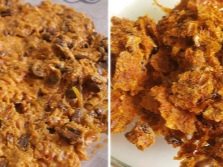
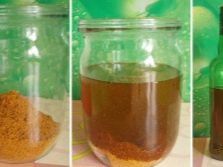
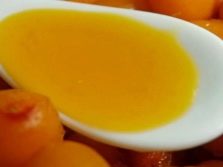
You can also prepare sea buckthorn oil with propolis or honey. Both components are good means to strengthen the immune system. Propolis is known as a powerful antioxidant and anti-inflammatory drug.
The recipe is very similar to the classic one, however, a small part of propolis or honey is added to both batches of pulp (in addition to the oil base).
Such ingredients can be combined, which will improve both the taste and the healing effect of sea buckthorn oil.
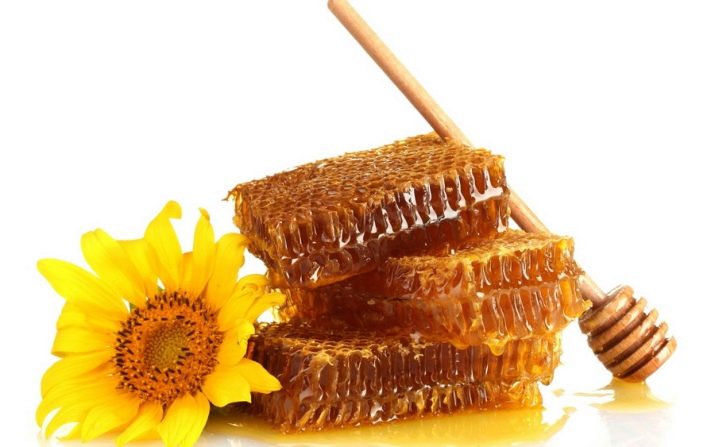
You can get natural sea buckthorn oil without resorting to other bases. In this case, the effectiveness of the agent increases significantly, and its “enveloping” properties are also enhanced, which is excellent for the treatment of gastritis with an increased level of hydrochloric acid in the stomach.
To do this, it is enough to squeeze fresh berries and drain the resulting liquid into a separate glass container, filtering it through gauze. The product is infused in a dark, dry place - until a dark oily film appears on its surface.It must be taken into a separate container, since it is she who is ready-made sea buckthorn oil, which can be used as a medicine.

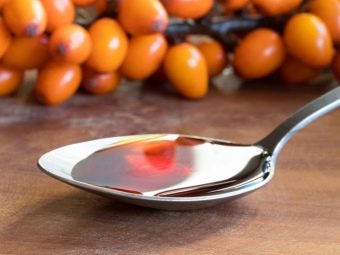
Treatment Methods
To date, sea buckthorn oil receives a lot of positive feedback. Many experienced doctors also prescribe it as a maintenance therapy in the treatment of:
- ulcers of the stomach and duodenum;
- inflammatory processes in the antrum or cardia of the stomach;
- esophageal reflux;
- with erosive gastritis, as well as with mixed gastritis with increased or decreased acidity of gastric juice;
- pancreatitis and cholecystitis without impaired bile evacuation function.
The indication for the use of sea buckthorn oil is gastropathy, as well as impaired motility of the stomach and intestines, reduced bile production, prevention of diseases of the gastrointestinal tract, beriberi, anemia, pain syndromes with gastroduodenitis.
Sea buckthorn can treat almost any inflammatory disease of the digestive system, since the oil from its fruits regulates the acidity of gastric juice well and protects the mucosal walls from irritation.

In order for the effectiveness of such therapy to be sufficiently high, oil based on sea buckthorn berries must be taken correctly. In most cases, it is recommended to drink the remedy twice a day, one dessert spoon 20-30 minutes before meals. Some patients may find it unpleasant to use sea buckthorn oil in its pure form - this may be due to the specific taste or consistency of the product. In this case, it can be diluted with warm water or honey in a ratio of 1:1.
On average, the course of treatment lasts about a month, but in the case of an acute inflammatory process, the intake of sea buckthorn oil can be extended indefinitely. The number of doses can be increased depending on the clinical manifestations of the disease: for example, if gastritis is accompanied by severe heartburn and reflux, you can increase the intake up to 3-4 times a day. If sea buckthorn oil is used for purely preventive purposes, it is enough to drink 1 dessert spoon (twice a day, for 10 days).
This course is recommended to be repeated every 2-3 months for all those diagnosed with chronic diseases of the digestive system.
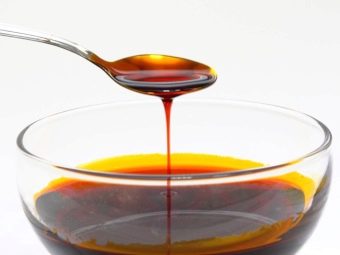
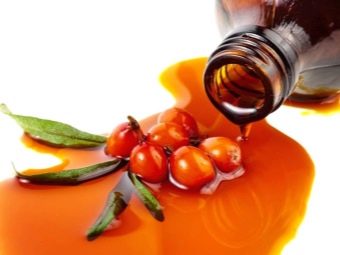
Contraindications
There are also a number of contraindications. The biochemical composition of this oil is quite concentrated, so it can both help in treatment and cause harm if taken incorrectly.
Specific contraindications to the use of sea buckthorn oil include the following factors:
- it is not recommended to give oil to children under 14 years of age;
- the use of sea buckthorn oil during pregnancy or lactation is better to start only after consulting a specialist;
- you can not use the remedy for cholecystitis, provoked by the presence of stones in the gallbladder, also a contraindication is any inflammatory disease of the gallbladder, which is accompanied by blockage of its ducts or a complete violation of the function of bile removal;
- kidney or liver failure;
- chronic diarrhea, accompanied by spasm of the stomach and intestines or an increase in their motility;
- Sea buckthorn oil should not be used by people with specific intolerance to the components of the product or with severe allergic reactions to oil products.


For information on how to make sea buckthorn oil at home, see the following video.

















